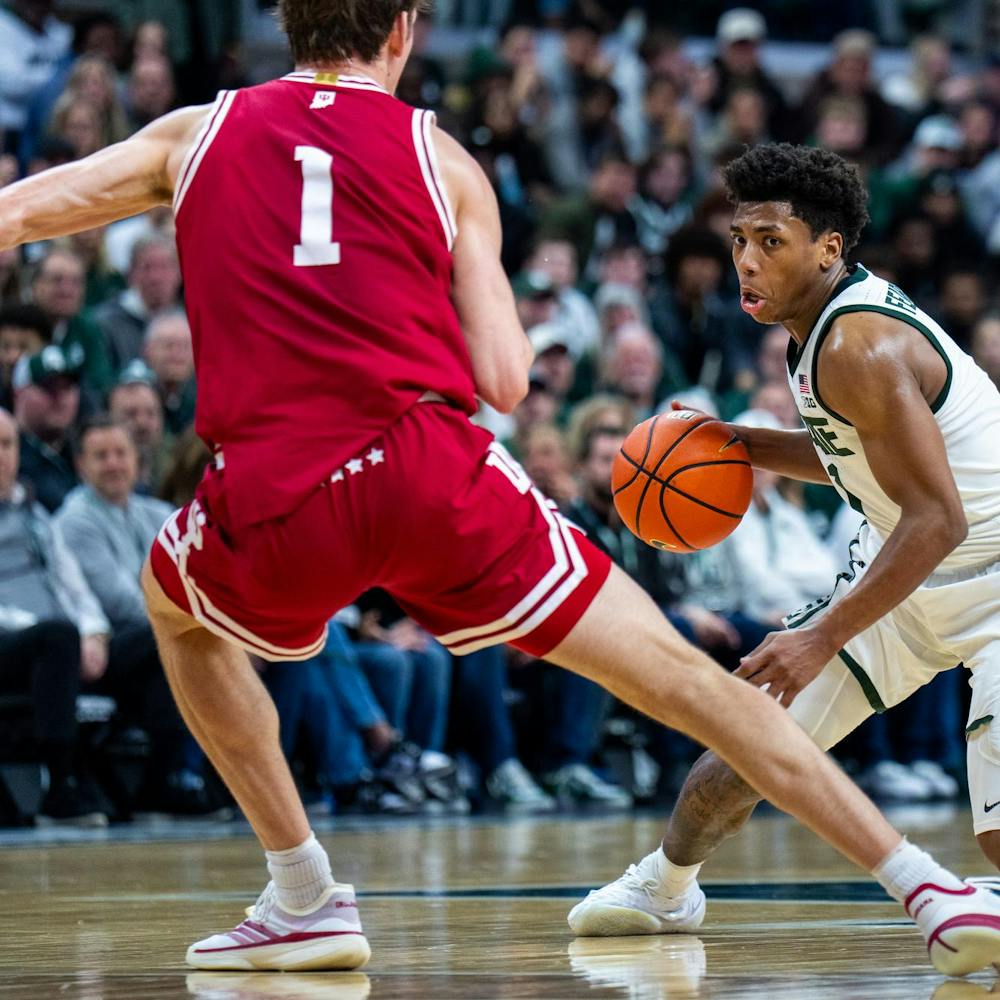Although MSU is more relaxed in the summer, there are still professors teaching on campus and students doing homework and going to class.
“One of the biggest differences with the summer course is it’s only seven weeks, opposed to 15 weeks in the other semesters, so everything is rushed,” doctoral student Julie Bell said.
Bell, who teaches the master’s level course Teaching Education 807 during the summer, said the rush makes it difficult for her to give quick feedback to students on their assignments.
Computer science junior Alex Lambert agrees accelerated summer classes are tough; even though he’s only taking six credits, it can seem like 12. He said he does better in fall and spring classes as opposed to summer classes.
However, Lambert takes them because it will allow him to graduate in three-and-a-half years and give him an easier senior year.
“I’d rather take classes now, and then have an easier senior year, than have 20 credits senior year,” Lambert said.
Mechanical engineering junior Conner Archey said he’s taking summer classes to catch up on credits.
“I have an internship for the second half of summer, so I wanted to keep myself busy,” Archey said. “Rather than getting a minimum-wage job, I figured I’d just get ahead on credits.”
In an opposite view from Lambert, Archey said he thinks he’ll do better in summer classes because he’s taking fewer credits and there are less distractions on campus during the summer.
But Bell’s students are kept busy. She said all of her students are teachers pursuing their master’s degree, so they’re often teaching while also taking her online class.
Despite this, she doesn’t think grades change based on the semester. During the regular academic year, she teaches undergrads and because her students are either far along in their degree or choosing to go back and get a higher degree, they are invested in the courses and everyone does well regardless.
Archey thinks he will do better in his summer classes, but he thinks the difficulty will be the same as if he had taken the classes in the spring or fall. The difference is summer classes just move at a faster pace.
“It takes more time weekly, but you have less total credits, so it’s kind of a trade-off,” Archey said.
Lambert views summer classes as a good way to focus on difficult mandatory classes, because they’re isolated and you can get them over with.
“You can get rid of Calculus II, Calculus III ... or, if you fail a class, you can redo it in the summer time,” Lambert said.
No matter what summer class students take, there is a disconnect between online classes and physical classes.
Bell maintains online summer classes are hard to get used to, especially because they don’t give as much time or opportunity for her to get to know her students.
Lambert agrees online classes are challenging because, in the summer, people would prefer to go outside instead of sitting in their rooms and doing classwork.
“It’s more convenient to go to classes online,” Lambert said. “But … without the real obligation to go to class, especially with the ... (heavier) work load, I think it’s harder to do online classes in the summertime.”
But both still see advantages to online classes. Lambert said they are more flexible time-wise, and Bell said it gives her the chance to include students from all around the country and the world in her classes.
“It’s really cool, because we get all these different perspectives coming in from different locations,” Bell said, adding that doesn’t usually happen in a physical classroom.
When thinking about taking summer classes, remember they go at a faster pace, but they can be a good way to get more credits in and focus on harder classes.






